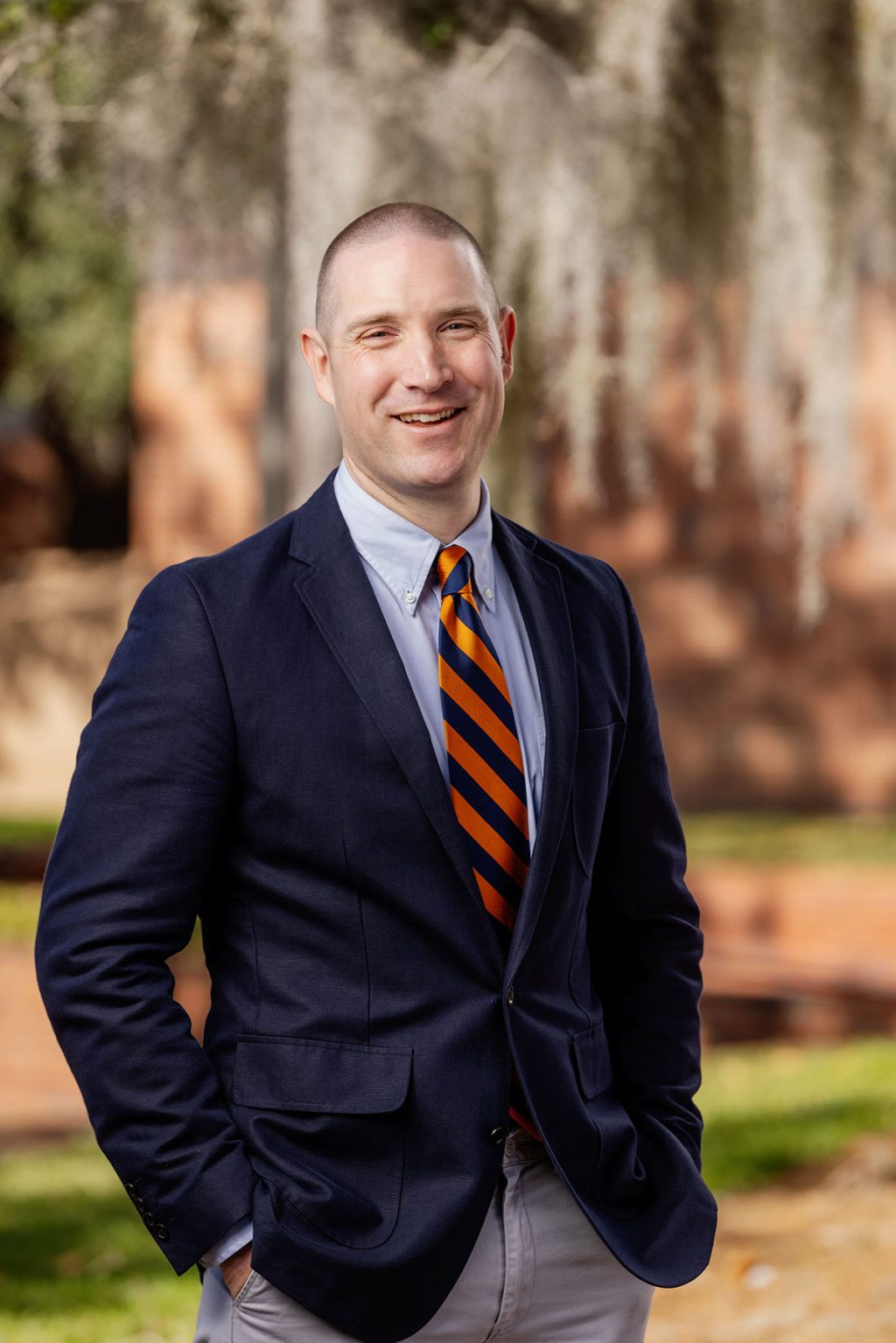
Karl Gunther is a historian of the English Reformation. He earned his B.A. in Philosophy and History from Wheaton College (IL) and his M.A. and Ph.D. in History from Northwestern University. Gunther’s first book, Reformation Unbound: Protestant Visions of Reform in England, 1525-1590 (Cambridge University Press, 2014) was a finalist for the Royal Historical Society’s Whitfield Prize and the Runner-up for the American Society of Church History’s Brewer Prize. He has published articles in Past & Present, The Journal of Ecclesiastical History, Archiv für Reformationsgeschichte, Reformation, History Compass, and in volumes on Freedom of Speech, 1550-1850 (2020) and Early Modern Literature and England’s Long Reformation (2021). He was elected a fellow of the Royal Historical Society in 2015 and served as President of the Southern Conference on British Studies from 2015-2017. Before joining the Hamilton Center in 2023, he was an Associate Professor of History at the University of Miami, where he taught for fifteen years, serving as the department’s Director of Undergraduate Studies, the co-convener of the UM Medieval and Early Modern Studies Research Group, and the chair of the UM Faculty Senate’s Student Affairs Committee.
Gunther is currently in the final stages of completing his second book, entitled Wrong! Responding to Error in the English Reformation. The Reformation was a polarizing experience, producing intense disagreements at all levels of society about the most important issues in people’s lives. Focusing primarily on the early decades of the English Reformation, the book examines the ways in which English people made sense of these profound disagreements. How did they explain the fact that seemingly intelligent people could be so profoundly wrong about issues of the utmost importance, issues about which most partisans claimed that the truth was obvious? How did they respond to the even more challenging problems posed by disagreements within their own camps? What did people think should happen to those who proved to be intransigently wrong and how did they respond to what they regarded as mistreatment of the errant? By answering these questions, Wrong! sheds new light on the ways in which early modern English people responded to their era’s deep disagreements, highlighting the creativity, challenges, and ironies of their attempts to navigate a deeply polarized world. Gunther has also begun work on a third book, My Simple Opinion: Lay Belief and the Bible in the Reign of Henry VIII, a study of the manuscript biblical commentaries written by Sir Anthony Cope, an Oxfordshire gentleman and a member of Queen Katharine Parr’s household. Cope’s commentaries allow us to study the way that an elite layman read the Bible and, in the process, constructed his own bespoke theological synthesis during the troubled early years of the English Reformation.
“Pearls before swine: limiting godly speech in early seventeenth-century England” in Robert G. Ingram, Jason Peacey, and Alex W. Barber (eds.), Freedom of Speech, 1550-1850 (Manchester University Press, 2020), pp. 47-62.
“‘Not revenged, nor repented of’: Martyrs and England’s Long Reformation” Reformation 24.2 (Fall 2019), pp. 138-150. Republished in David Loewenstein and Alison Shell (eds.), Early Modern Literature and England’s Long Reformation (Routledge, 2021), pp. 138-150.
“The Marian Persecution and Early Elizabethan Protestants: Persecutors, Apostates, and the Wages of Sin” Archiv für Reformationsgeschichte 107:1 (October 2016), pp. 137-164.
“Rebuilding the Temple: James Pilkington, Aggeus, and early Elizabethan Puritanism” Journal of Ecclesiastical History 60:4 (October 2009), pp. 689-707.
“Protestant Radicalism and Political Thought in the Reign of Henry VIII” (co-authored with Ethan H. Shagan) Past & Present 194 (February 2007), pp. 35-76.“The Origins of English Puritanism” History Compass 4:2 (March 2006), pp. 235-240.
University of Florida
Gainesville, FL 32611
UF Operator: (352) 392-3261